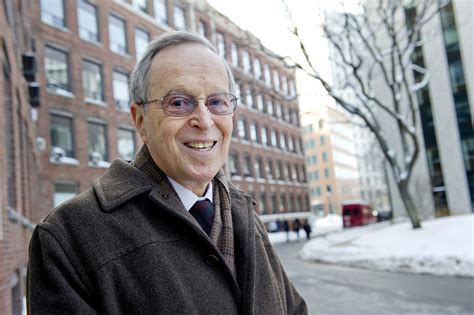A Quote by Kenneth E. Boulding
Because of his capacity for abstract communications and language and his ability to enter in imagination into the lives of others, man is able to build organizations of a size and complexity far beyond those of the lower animals.
Related Quotes
In any given moment, a man's growth is optimized if he leans just beyond his edge, his capacity, his fear. He should not be too lazy, happily stagnating in the zone of security and comfort. Nor should he push far beyond his edge, stressing himself unnecessarily, unable to metabolize his experience. He should lean just slightly beyond the edge of fear and discomfort. Constantly. In everything he does.
Educational exchange can turn nations into people, contributing as no other form of communication can to the humanizing of international relations. Man's capacity for decent behavior seems to vary directly with his perception of others as individual humans with human motives and feelings, whereas his capacity for barbarism seems related to his perception of an adversary in abstract terms, as the embodiment, that is, of some evil design or ideology.
The average man is what his environment and his superstitions have made him; and their function is to make him an ass. He can't add up three or four new circumstances together and perceive what they mean; it is beyond him. He is not capable of observing for himself; he has to get everything at second-hand. If what are miscalled the lower animals were as silly as man is, they would all perish from the earth in a year.
Capitalism demands the best of every man - his rationality - and rewards him accordingly. It leaves every man free to choose the work he likes, to specialize in it, to trade his product for the products of others, and to go as far on the road of achievement as his ability and ambition will carry him.
Talent is able to achieve what is beyond other people's capacity to achieve, yet not what is beyond their capacity of apprehension; therefore it at once finds its appreciators. The achievement of genius, on the other hand, transcends not only others' capacity of achievement, but also their capacity of apprehension; therefore they do not become immediately aware of it. Talent is like the marksman who hits a target which others cannot reach; genius is like the marksman who hits a target, as far as which others cannot even see.
There are a few animals that have won themselves a bad reputation even though they have little or no effect on man. They have won their rating through man's interpretation of their attitude towards lower animals. These animals have been seen feeding in what appears to be a savage manner. But this behavior may perhaps be comparable to a man tearing the flesh off a chicken leg with his teeth.
Language [can] be expressed . . . by movements of the hands and face just as well as by the small, sound-generating movements of the throat and mouth. Then the first criterion for language that I had learned as a student—it is spoken and heard—was wrong; and, more important, language did not depend on our ability to speak and hear but must be a more abstract capacity of the brain. It was the brain that had language, and if that capacity was blocked in one channel, it would emerge through another.
What is the importance of human lives? Is it their continuing alive for so many years like animals in a menagerie? The value of a man cannot be judged by the number of diseases from which he escapes. The value of a man is in his human qualities: in his character, in his conscience, in the nobility and magnanimity, of his soul. Torturing animals to prolong human life has separated science from the most important thing that life has produced - the human conscience.
A man who is morally clean, other things being equal, has in every instance, greater agility, greater capacity, and greater endurance by far than the man who is not. While the latter is wasting his creative energies in useless pleasures, as well as in disease producing habits, the former is turning all of his creative energy into ability and genius, and the result is evident.
What distinguished man from animals was the human capacity for symbolic thought, the capacity which was inseparable from the development of language in which words were not mere signals, but signifiers of something other than themselves. Yet the first symbols were animals. What distinguished men from animals was born of their relationship with them.





































